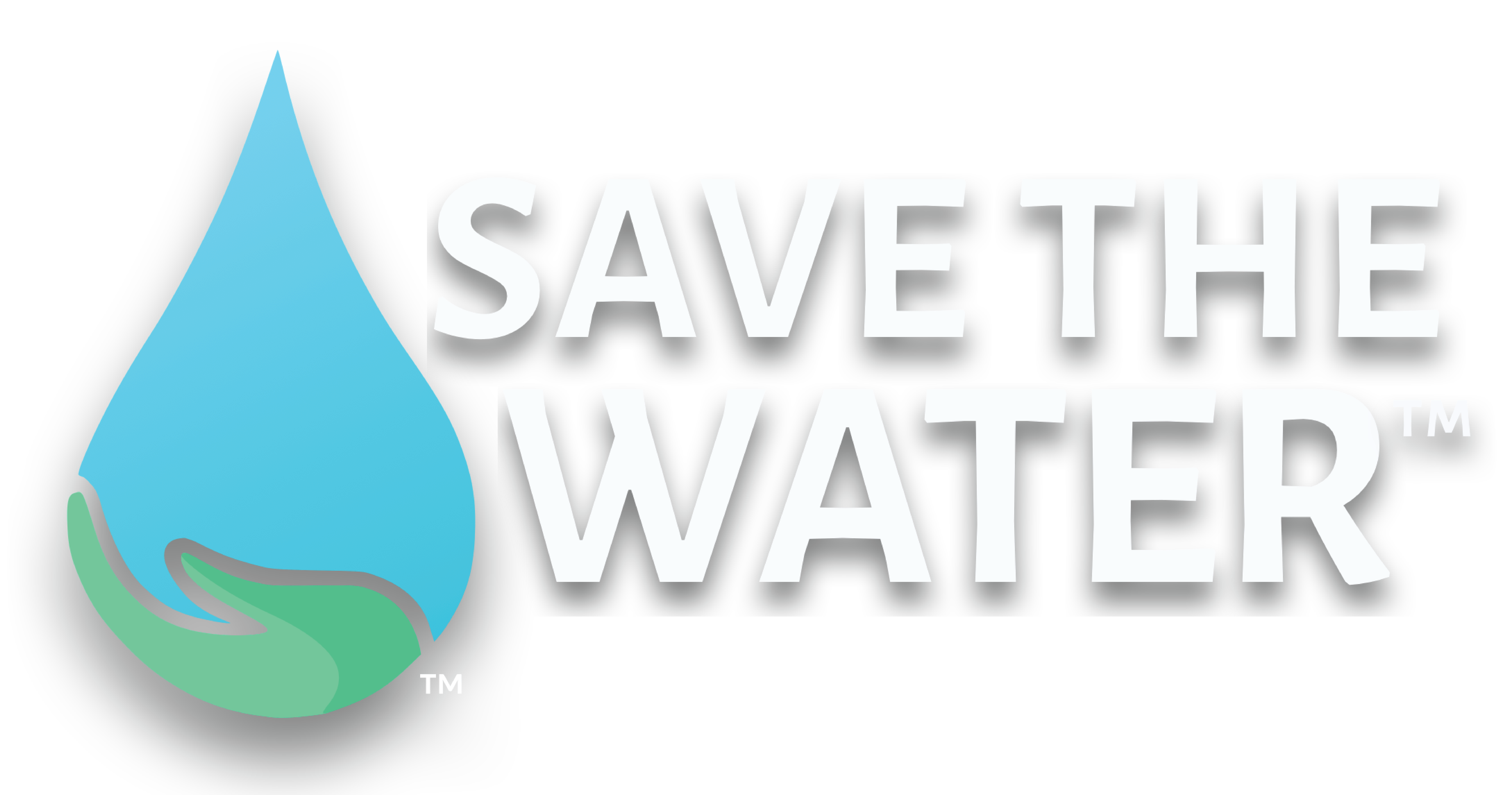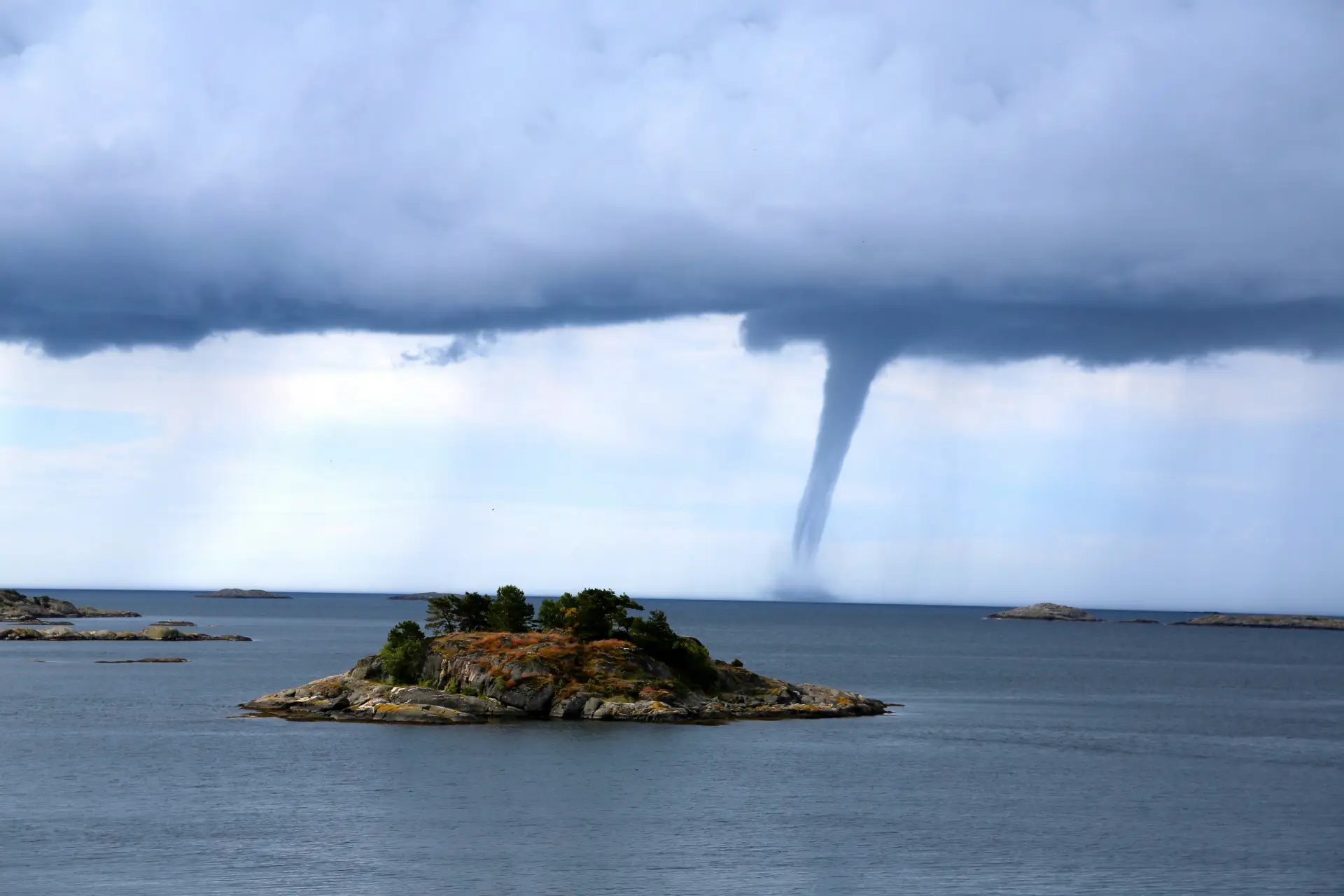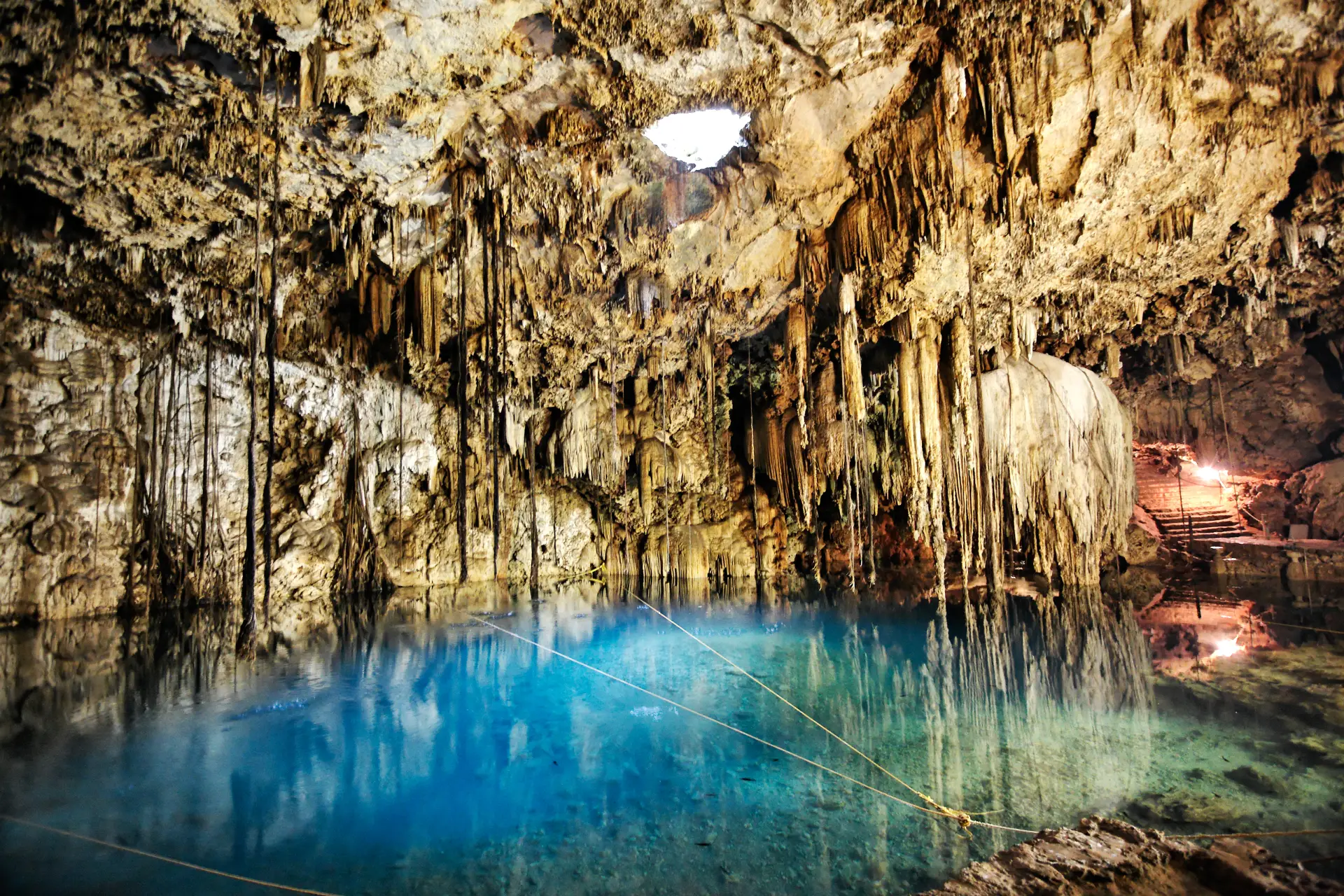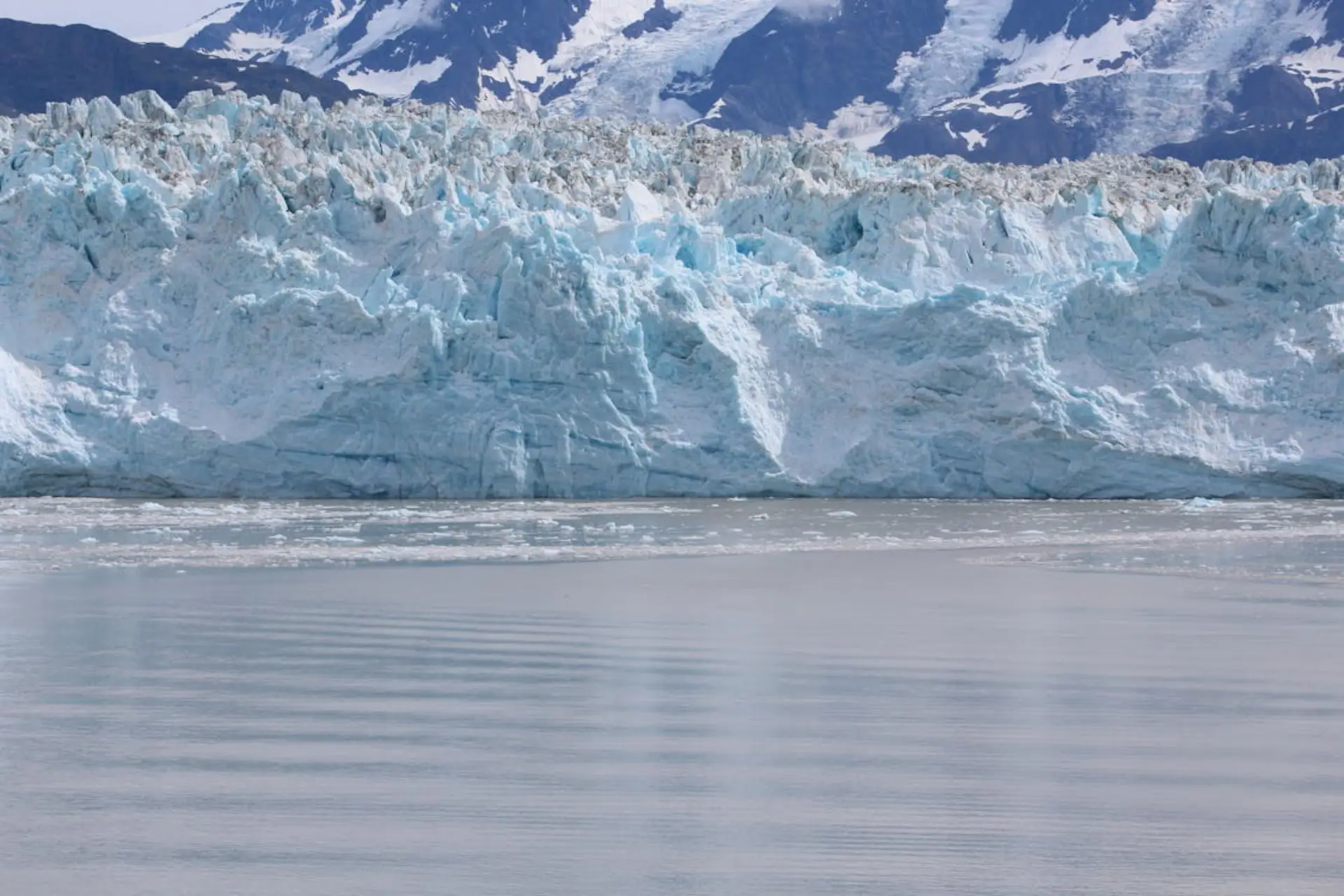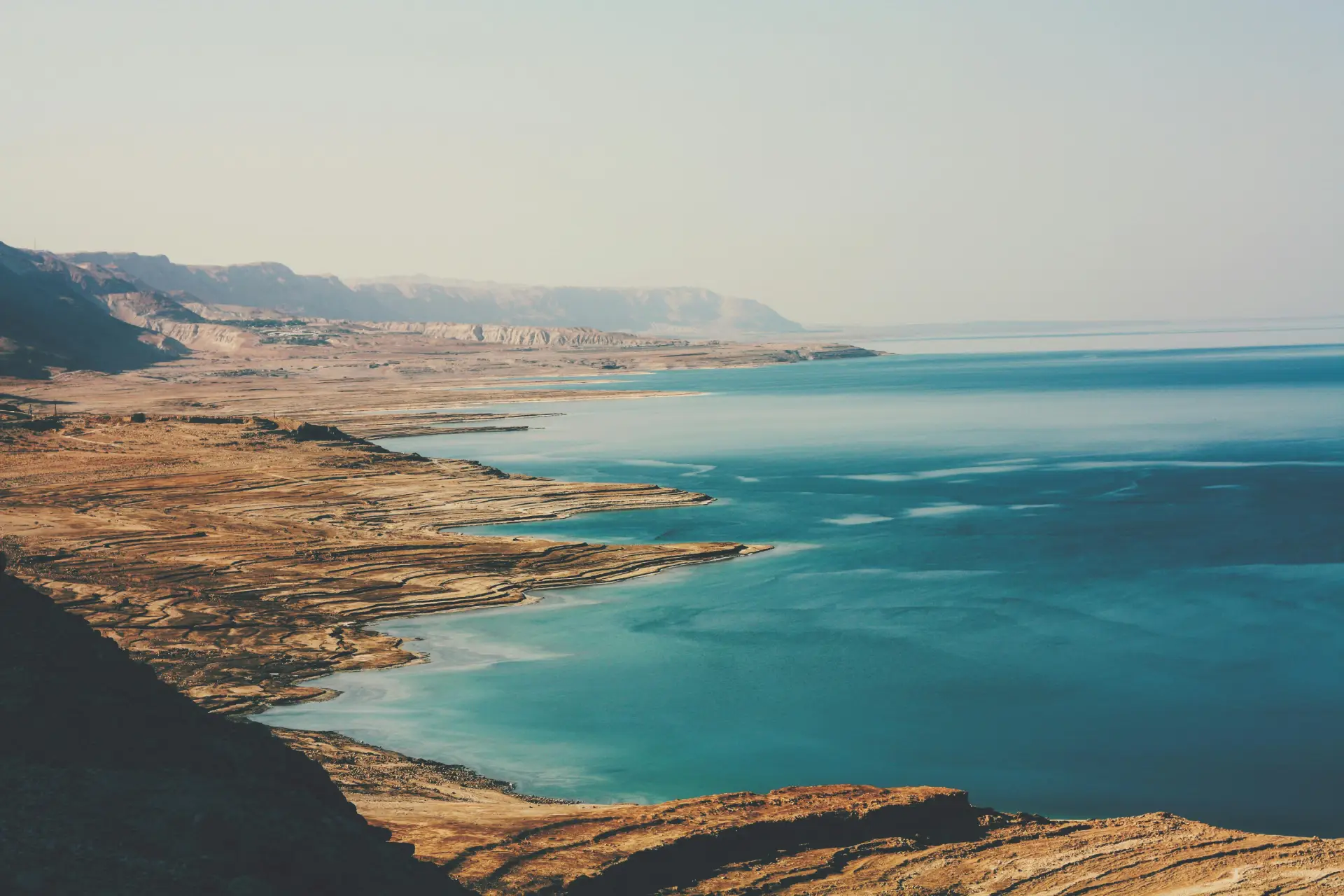Aquifers and subglacial lakes have stored fossil water for thousands of years!
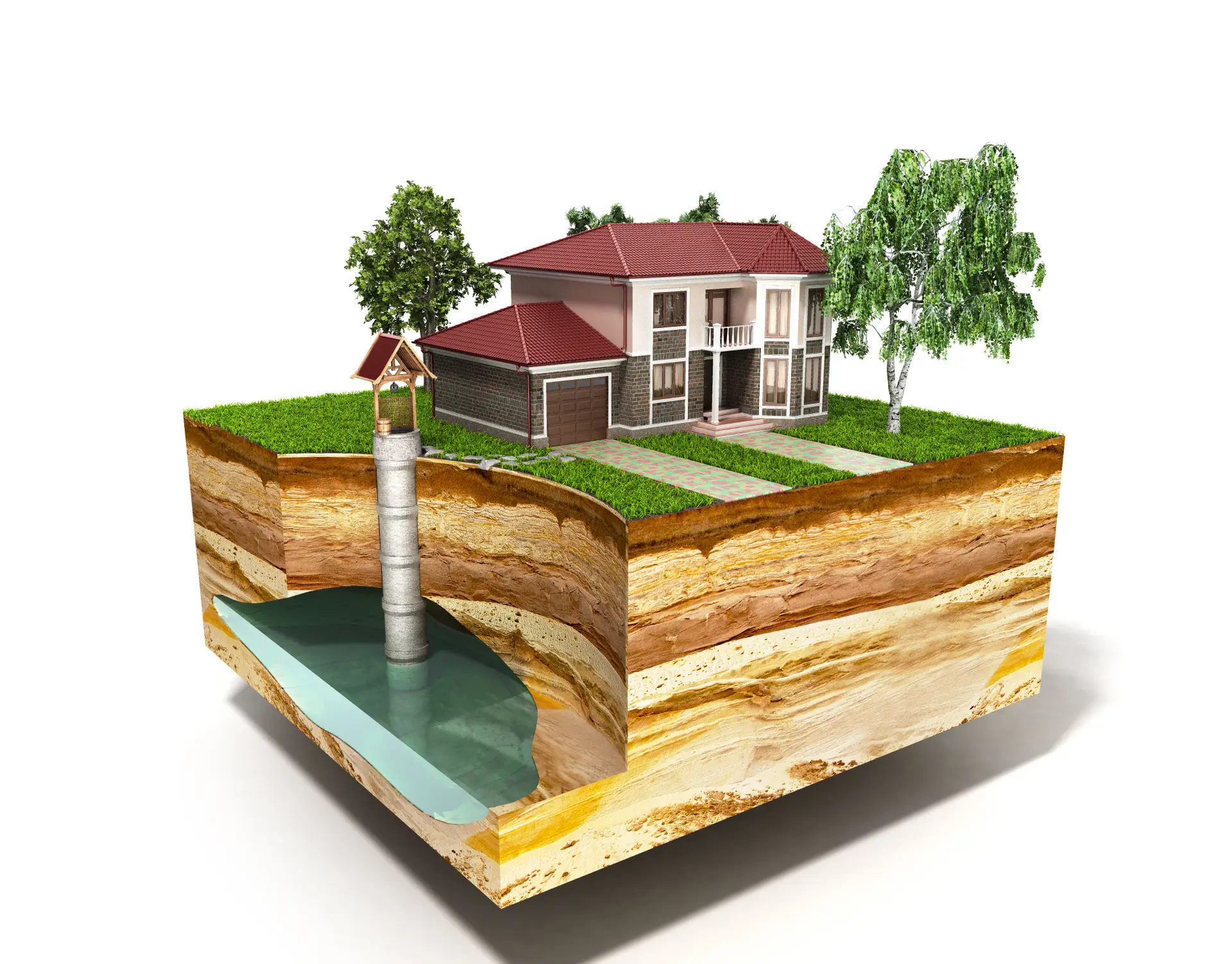
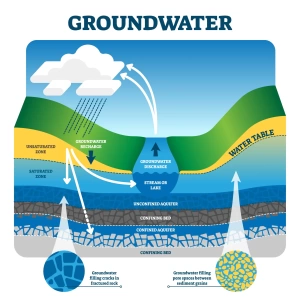
Aquifers and subglacial lakes have stored fossil water for thousands of years.
Not all water that falls as rain ends up in streams, rivers, and oceans. Some is absorbed in the ground, going down until it reaches an impenetrable barrier, such as a layer of clay. This forms underground bodies of water called aquifers.
Aquifers are a major source of freshwater for people all around the world. Some aquifers replenish quickly, like the Floridan aquifer. It spans from South Carolina to Central Florida. Some aquifers, however, take many years to refill.
The Nubian Sandstone Aquifer System, for example, took thousands of years to accumulate. These aquifers should be treated as a nonrenewable resource because many are being drained too quickly. We must protect these aquifers so they won’t run out. Many people who depend on them may not have a source of clean water in the future.

